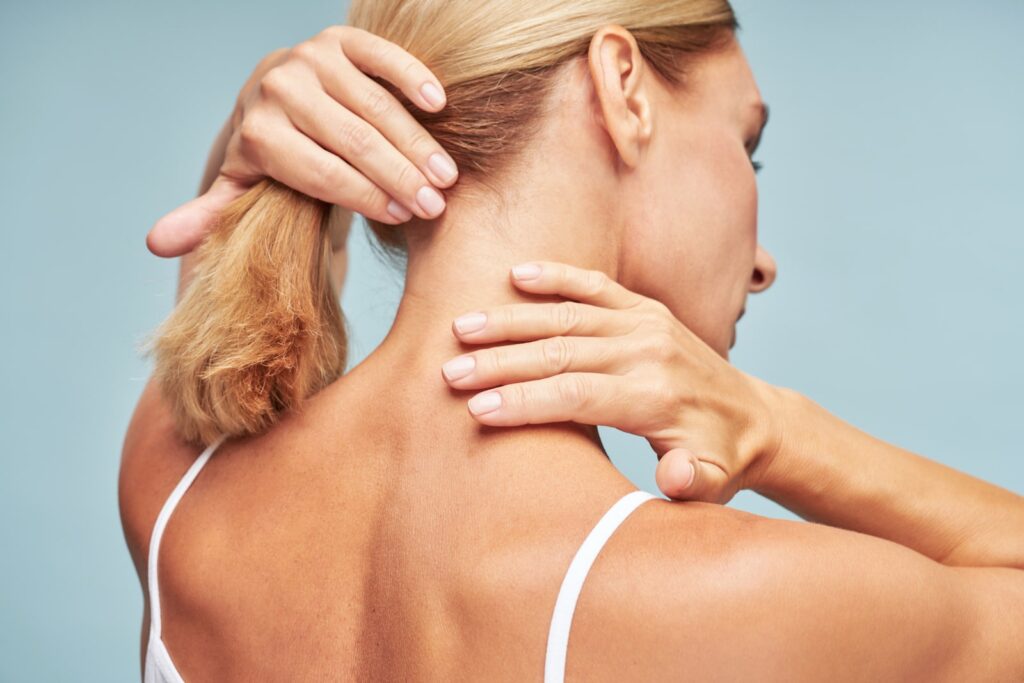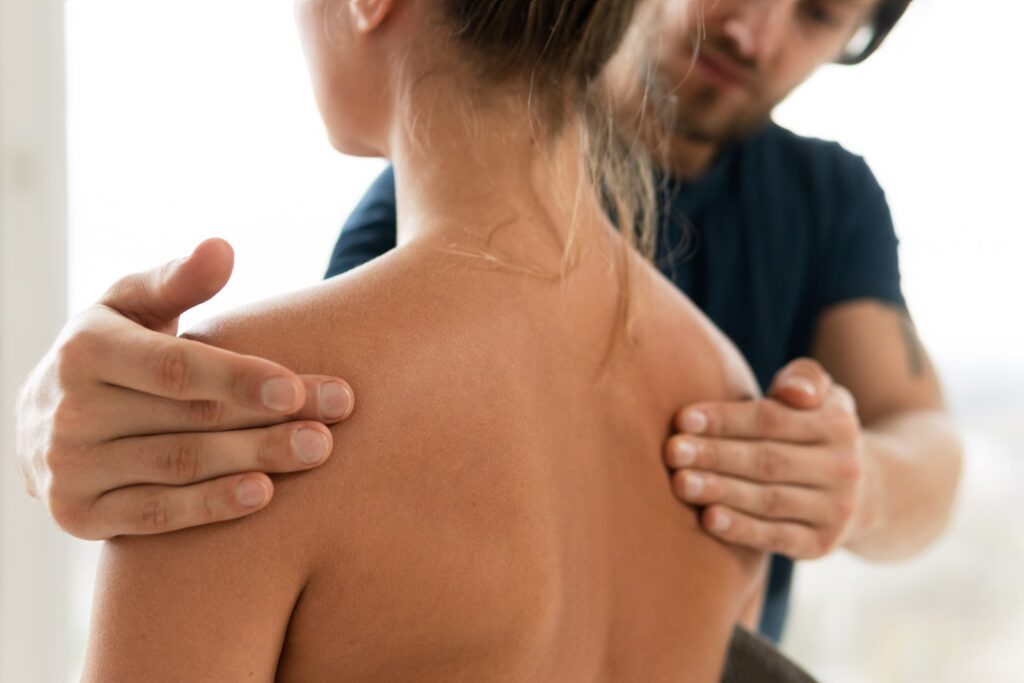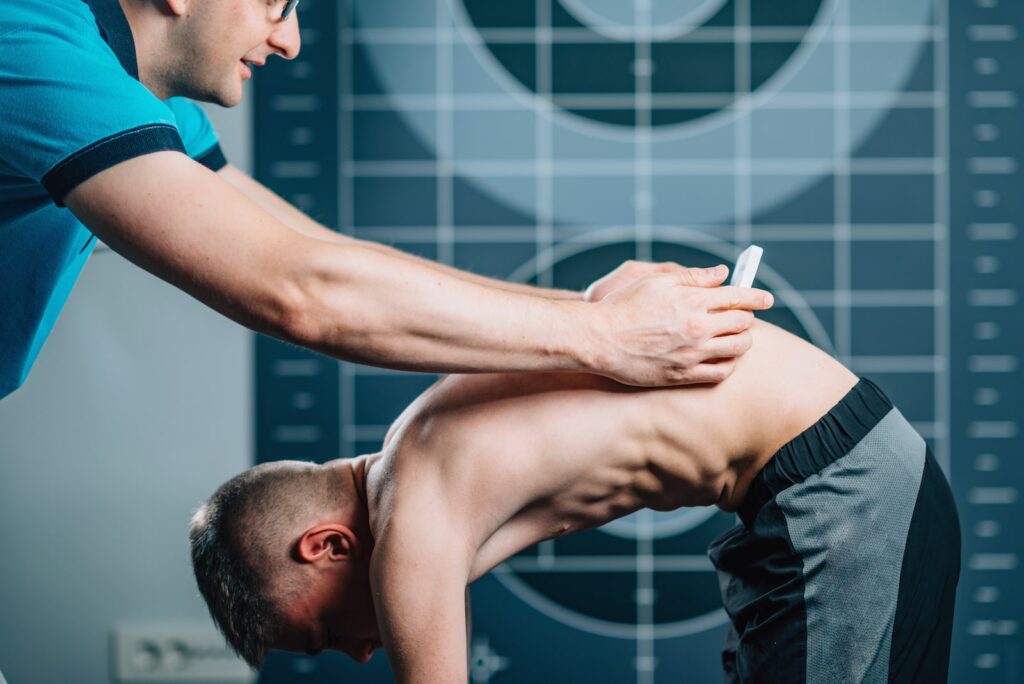Inside the Operating Room: Dr. Smith on the Latest in Spine Surgery Advancements

As a spinal surgeon, I often see the transformative power of spine surgery firsthand. For many of my patients, back pain and mobility issues have been part of their daily lives for years. When I see someone walk out of my office without pain for the first time in a decade, it reminds me why spine surgery is so critical.
Scoliosis vs. Sclerosis: Insights from a Spine Surgeon

As a spine surgeon, I often get asked about various spine-related conditions. Two terms that often cause confusion are scoliosis and sclerosis. Although they sound similar, they are vastly different. Let’s dive into what makes each condition unique, answer some common questions, and explore interesting aspects of these conditions.
Understanding Total Disc Replacement: Insights from Dr. Jeremy Smith, Orange County’s Leading Spinal Surgeon

Hello, I’m Dr. Jeremy Smith, a spinal surgeon based in Orange County, specializing in compassionate patient care and minimally invasive techniques. This guide focuses on a significant advancement in spinal surgery: Total Disc Replacement (TDR).
Does Scoliosis Surgery Scar? Insights from Dr. Jeremy Smith, Orange County Spine Surgeon

Scoliosis is a condition that affects millions of people worldwide, characterized by an abnormal curvature of the spine. For many individuals with scoliosis, the journey often leads to exploring surgical options when conservative treatments no longer suffice.
Can Bad Posture Cause Scoliosis?

Navigating the complexities of cervical conditions and spinal disorders can be daunting, especially when faced with symptoms that impact your daily life.
Top 15 Most Asked Questions About Cervical Conditions & Disorders

Navigating the complexities of cervical conditions and spinal disorders can be daunting, especially when faced with symptoms that impact your daily life.
Strategies for Regaining Mobility after Spinal Trauma: Expert Advice from Dr. Jeremy Smith in Irvine, CA

Life can take unexpected turns, and for some, spinal trauma becomes an unwelcome reality. The pain, restricted mobility, and fear that accompany such an injury can be overwhelming. However, there is hope. Dr. Jeremy Smith, a highly skilled orthopedic surgeon with a specialization in spine injuries, based in Irvine, CA, is here to guide you on your journey to regaining mobility and reclaiming your life.
Understanding Scoliosis and Sciatica: Insights from Dr. Jeremy Smith, Orange County Spine Surgeon

Hello, I’m Dr. Jeremy Smith, a spine surgeon in Orange County with 18 years of experience in treating scoliosis and sciatica. I’ve seen how these conditions affect people’s lives, and in this article, I’ll demystify the relationship between scoliosis and sciatica. We’ll explore their connection, implications, and available treatment options. Unraveling Scoliosis Scoliosis, simply put, […]
Lordosis vs. Kyphosis: A Comprehensive Guide to Spinal Curvatures

The human spine is a remarkable and complex structure, essential for both mobility and support. It comprises vertebrae, discs, and nerves, playing a pivotal role in our daily lives. Among the common conditions affecting the spine’s curvature, Lordosis and Kyphosis are prominent.
Top 10 Ways Scoliosis Affects the Body

As a spinal surgeon in beautiful Orange County, California, I’ve had the privilege of working with patients from all walks of life, each with their unique challenges. One of the conditions that often brings individuals to my practice is scoliosis – a complex spinal disorder characterized by an abnormal curvature of the spine. Scoliosis doesn’t just affect your posture; it can have a profound impact on your overall health and well-being. In this comprehensive guide, we’ll delve into the top 10 ways scoliosis affects the body, shedding light on the importance of early detection and the array of treatments available to those seeking relief.


